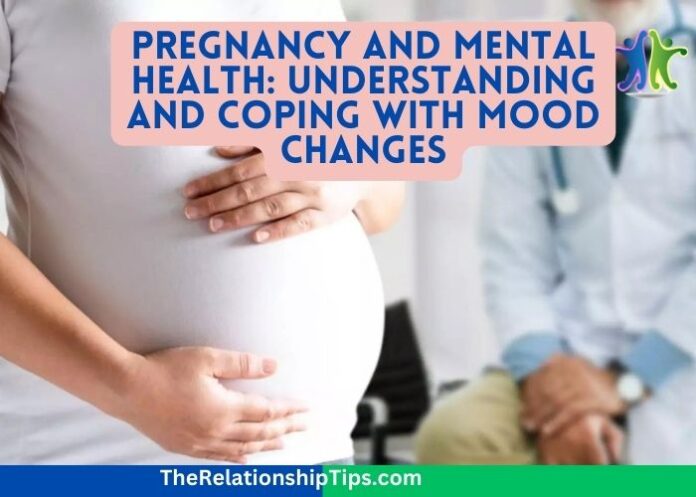Pregnancy is an exciting and life-changing experience that can bring a range of emotions for expectant mothers. However, it is also a time of significant physical, emotional, and psychological changes, which can affect the mental health of the mother. Many women experience mood swings, anxiety, and depression during pregnancy, and it is essential to understand and cope with these changes.
READ MORE: 5 Tips for Staying Comfortable During Pregnancy
Understanding the changes that occur during pregnancy and the potential impact on mental health is crucial for both the mother and her family. By recognizing the symptoms and seeking help when needed, women can manage their mental health and enjoy a healthy pregnancy and postpartum period.
Pregnancy and mental health are closely intertwined, and the hormonal changes that occur during pregnancy can cause significant mood swings, anxiety, and depression. These changes can be challenging to cope with, but understanding the causes and symptoms can help women manage their mental health.
One of the primary causes of mood changes during pregnancy is hormonal fluctuations. The body produces higher levels of estrogen and progesterone during pregnancy, which can affect the brain’s neurotransmitters, leading to mood swings, irritability, and depression.
Other factors that can contribute to mood changes during pregnancy include stress, lack of sleep, changes in body image, and concerns about the baby’s health. Women who have a history of mental health disorders, such as depression or anxiety, may also be at higher risk of experiencing mood changes during pregnancy.
It is essential to recognize the symptoms of depression and anxiety during pregnancy, as these conditions can have serious consequences for the mother and baby’s health. Symptoms of depression during pregnancy can include persistent feelings of sadness, difficulty sleeping, loss of interest in activities, and changes in appetite. Symptoms of anxiety can include excessive worry, racing thoughts, and physical symptoms such as a rapid heartbeat and shortness of breath.
Women who experience these symptoms should seek help from a healthcare provider who can provide appropriate treatment, which may include therapy, medication, or a combination of both.
Coping with mood changes during pregnancy can be challenging, but there are several strategies that women can use to manage their mental health. These include:
- Getting enough rest and sleep
- Eating a healthy, balanced diet
- Engaging in regular exercise or physical activity
- Practicing stress-reduction techniques, such as meditation or yoga
- Talking to a healthcare provider or therapist
- Seeking support from family and friends
Conclusion
Pregnancy is an exciting time, but it can also bring significant changes and challenges, particularly when it comes to mental health. Women should be aware of the potential impact of pregnancy on their mental health and seek help if they experience symptoms of depression or anxiety.
By understanding the causes and symptoms of mood changes during pregnancy and using coping strategies such as getting enough rest, eating a healthy diet, and seeking support, women can manage their mental health and enjoy a healthy pregnancy and postpartum period. It is essential to prioritize mental health during pregnancy and seek help when needed to ensure the best possible outcomes for both the mother and baby.





